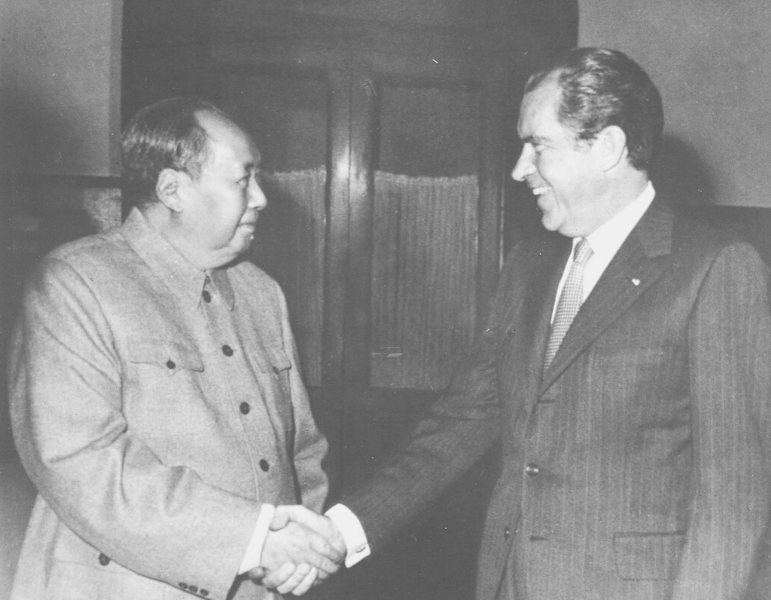Realpolitik
Table of Contents

You’ve probably wondered why the United States spends so much time and money propping up dictatorships, including Communist ones like the Khmer Rouge. The short answer is the political philosophy of pragmatism, also known as realpolitik.
What is Realpolitik?
Realpolitik is a political theory and approach to diplomacy that prioritizes practical and pragmatic considerations over ideological or moral concerns. It originated in 19th-century Europe, particularly associated with the statesmanship of figures like Otto von Bismarck.
Key Principles of Realpolitik
- Focus on National Interest: Realpolitik emphasizes the pursuit of a nation’s self-interest, often defined in terms of power, security, and economic advantage.
- Balance of Power: Realpolitik advocates for maintaining a balance of power among states to prevent any one nation from becoming too dominant and threatening the stability of the international system.
- Pragmatism over Ideology: Realpolitik prioritizes practical considerations over ideological or moral concerns. This can involve making alliances or compromises with states that may have conflicting values or interests.
- Flexibility and Adaptability: Realpolitik recognizes the need for flexibility and adaptability in response to changing circumstances and geopolitical dynamics.
- Machiavellian Tactics: Realpolitik is sometimes associated with Machiavellian tactics, referring to the use of cunning, manipulation, and even deception to achieve political goals.
U.S. Rapprochement with China and Conflict in Southeast Asia

Realpolitik centers on pragmatic objectives in foreign policy, diplomacy, and international relations. It’s why, at the height of the Cold War, America sent aid Communist China and eventually recognized the PRC. Because what was good for the more militantly Communist and political weaker Chinese was bad for the more moderate but politically powerful Soviets.
Similarly, the brutal Khmer Rouge was allied with Mao’s China against the Soviet Union, and also sat on the border of Vietnam, who were pro-Soviet. The United States obviously did not provide material and logistical support to Pol Pot because he was fighting for freedom or human dignity. It did so because a fundamental principle of realpolitik is “the enemy of my enemy is my friend.”
Strange bedfellows are changed quickly under realpolitik. For example, the US later decided to start selling arms to Vietnam, because of Vietnam’s location and strategic importance as a counterweight to a rising China.
Kissinger’s Modern Realpolitik Approach
The term is often used in conjunction with the international relations practices of Dr. Henry Kissinger and President Richard Nixon. Kissinger is the godfather of realpolitik. Often viewed as a Cold War hawk, it was Kissinger who masterminded détente, the period when the Cold War was put on pause.
Kissinger’s great failure was American defeat in Vietnam, which he has said is one of the few examples of ignoring the broader realpolitik concerns:
We fought a military war; our opponents fought a political one. We sought physical attrition; our opponents aimed for our psychological exhaustion. In the process we lost sight of one of the cardinal maxims of guerrilla war: the guerrilla wins if he does not lose. The conventional army loses if it does not win. The North Vietnamese used their armed forces the way a bull-fighter uses his cape — to keep us lunging in areas of marginal political importance.
More than a simplistic Machiavellian scheming, realpolitik necessitates a broader strategic view two or three steps ahead, as well as a shrewd tactical consideration. It does not attempt to take the moral measure of a man. It simply asks how one’s interests can be advanced. Nixon had no illusions about who he was dealing with when he went to China.
When you play the game of realpolitik, you’re not content with losing with style. You’re playing to win and you’re going to do what you need to do to make that happen. This is as true at the office as it is at the diplomatic negotiating table.